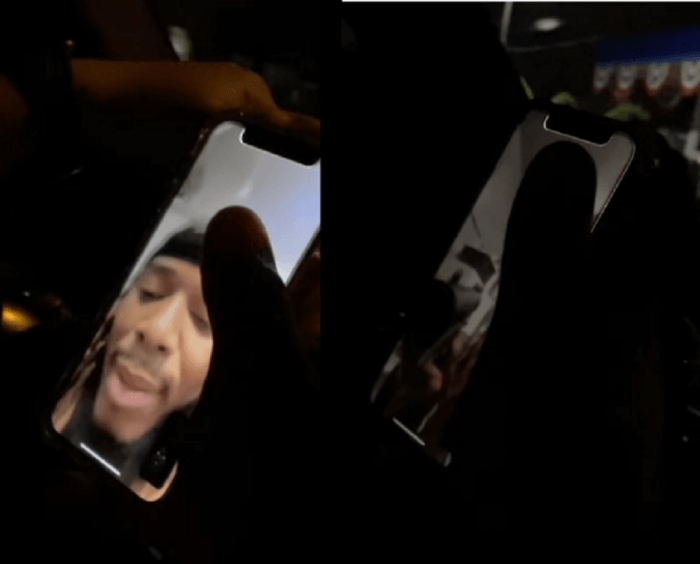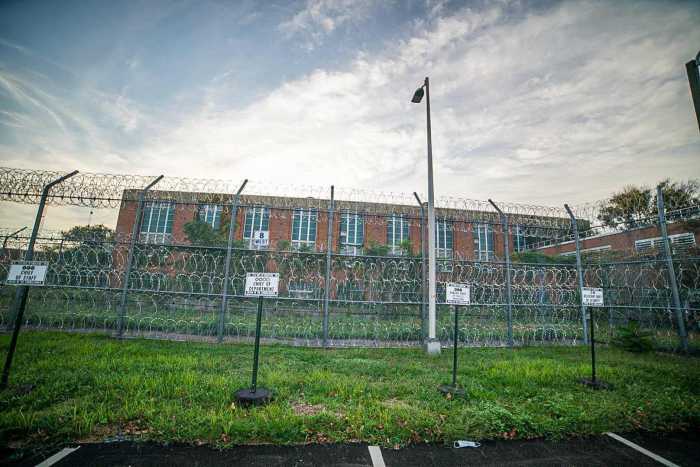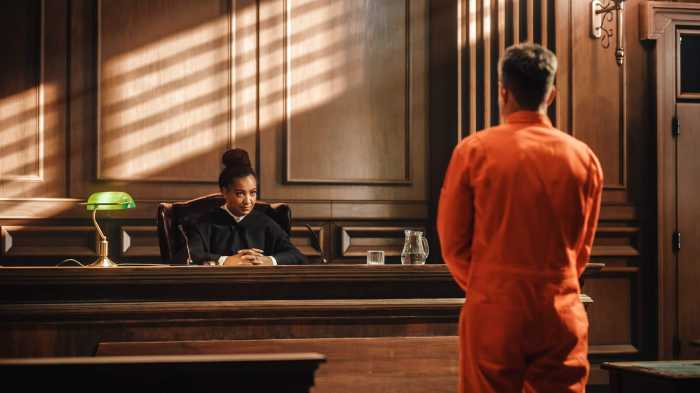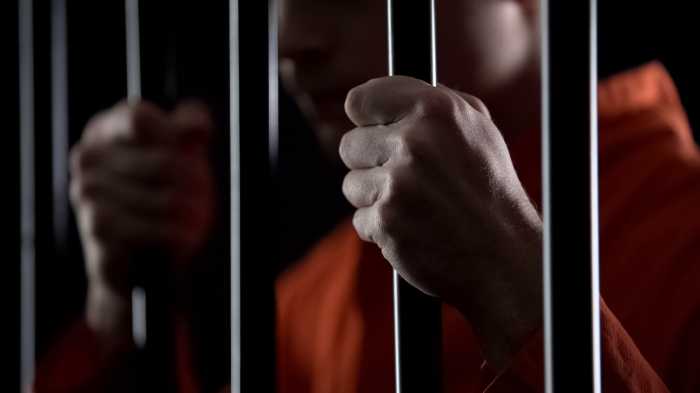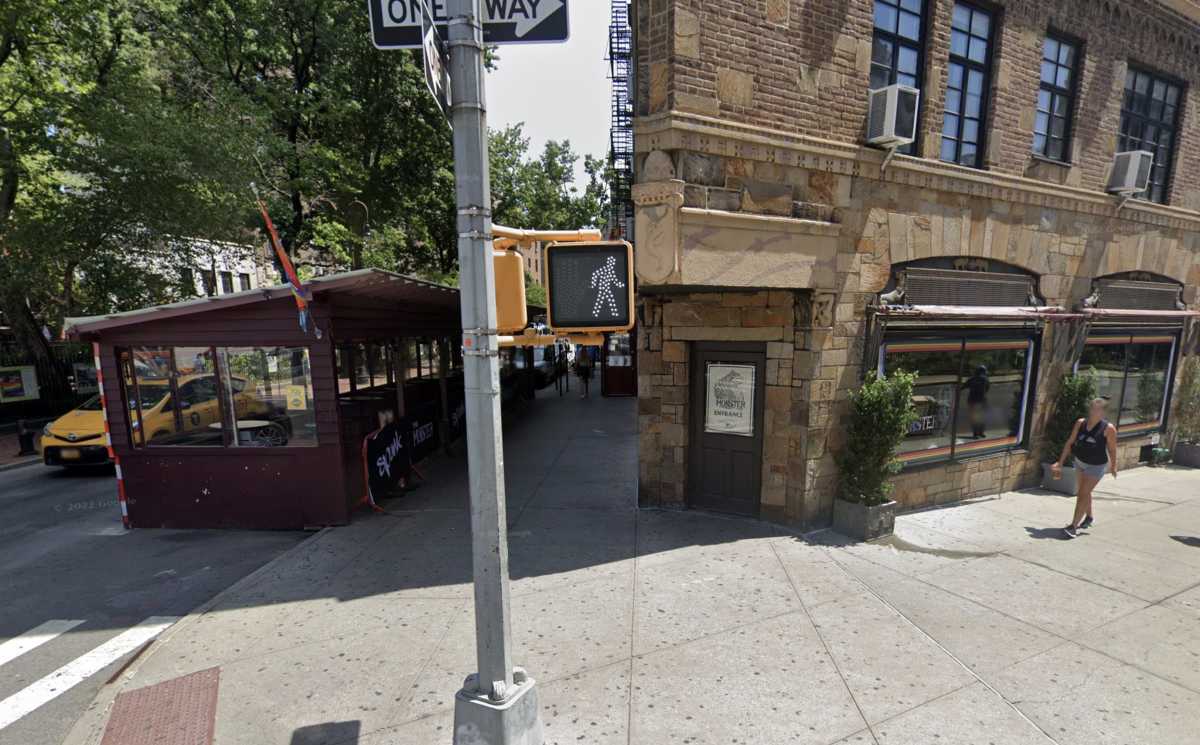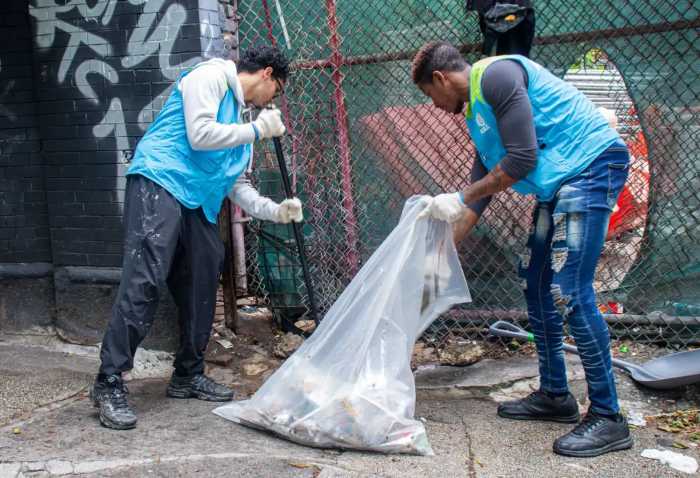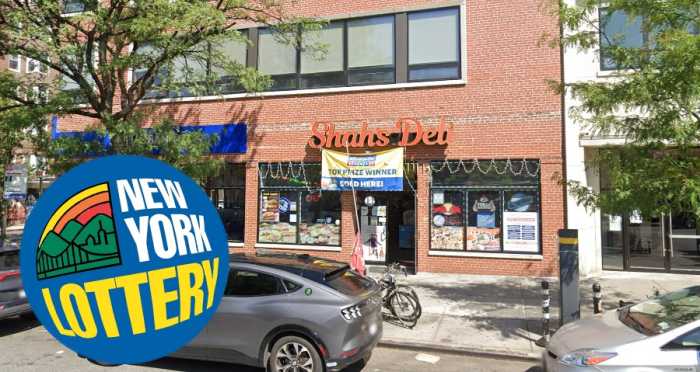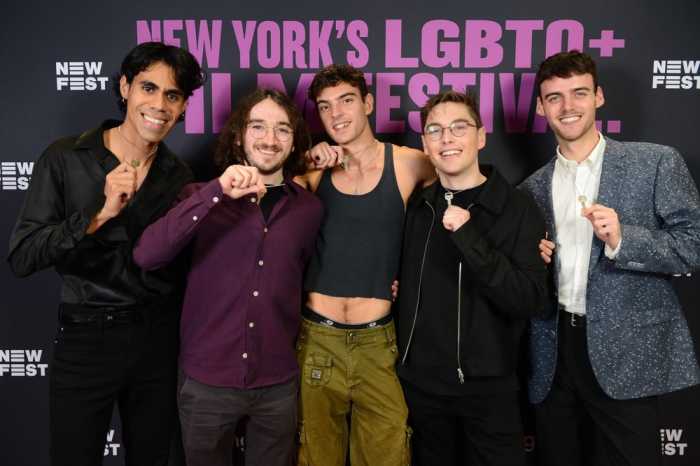As a lifelong resident of Bed-Stuy, Brooklyn, I know a lot about crime and punishment. During this recent election season, we heard a lot about the subject from politicians of all stripes.
Now, it’s my turn to speak – and to explain why I am supporting expanded parole release opportunities as a survivor
I am the Executive Director of Both Sides of the Violence, Inc., which provides services to justice-impacted youth and grief support for victims, along with other resources for our community. We work in NYCHA developments, schools, and jails, promoting proactive ways to stop violence. I’m also a Chaplain, with an Honorary Doctorate Degree in Humanities, and I serve on my Community Board and the 79th Precinct Clergy council.
In 2002, my 28-year-old sister Maisha “Pumpkin” Hubbard was killed by a stray bullet while in our 1st floor apartment in Tompkins Houses. She left behind a son who was just 10 years old when his mom passed. Our family was devastated and we would never be the same. We were violated in our own home.
Her assailant was sent to prison for manslaughter and came home committed to changing his life. The hurt and pain of losing a sibling — your first best friend — is unimaginable, especially when I was the one that found her. You never want another family or community to experience that. So currently, in my healing, I mentor this man in his progress, backing his initiative to develop a boxing program so community members have a safe way to build self-confidence and relieve stress through regular exercise. Justice to me means that he goes on to help prevent other acts of violence from happening.
I also have a father-in-law who was incarcerated most of his life. Before entering prison, he felt depressed and his judgment was clouded by his untreated traumas. He is now 63 years old and won’t go to the Parole Board until 2029, if he makes it that long. The average age of death in New York’s prisons is only 58. Addressing trauma before people commit crimes and enter the system is a key part of my mission.
I advocate for people like the person who committed this crime against my sister and rehabilitated himself. I advocate for my father-in-law so he can come home and get real help outside of prison walls –– and live the rest of his life in peace around our family. Lastly, I advocate for people like my current fiancé, who at 16-years-old was sentenced to seven years-to-life and ended up serving 16 1/2 years in prison because the Parole Board denied him nine times. He had done real work to change, but the Board denied him again and again simply because of the one thing he could not change – his conviction. Finally, a judge intervened and ordered them to release him.
My life has been deeply affected by violence in the community and mass incarceration, and my experience is the norm, not the exception. The failure to reckon with both epidemics is personal to me. There just isn’t adequate funding for proactive interventions to help our communities, including programs like mine, which do the real work of healing our communities and keeping us safe.
I have been to crime scenes where I had to literally help clean up blood and brain matter on the walls of victims. Believe it or not, there are no government agencies responsible for this most basic kind of assistance. Survivors are often responsible for cleaning the crime scenes in which their loved ones are victimized. This trauma is poison for us all, and the City and State offer no real antidote.
All of this is why I testified at a recent State Senate hearing in support of the Elder Parole and Fair & Timely Parole bills to expand meaningful opportunities for case-by-case parole release consideration, and to promote healing, transformation, and safety.
I’m also working with a growing coalition to pass a bill called Fair Access to Victim Compensation, which would remove barriers to healing supports faced by the vast majority of crime victims and survivors. Most of the people I support through my organization get none of the victim services funds the state collects from people convicted of crimes. Without us, their trauma would just get absorbed into that great big mass of hurt created by generations of poverty and racism.
I believe if a person made a mistake, especially when it’s tied to traumas in their lives, they should have a pathway to come home and help others to learn from their mistakes. The only way this vicious cycle can be broken is through us. Together we can reduce the traumas and reduce the violence that is caused by hurt people. We can’t keep their life experiences in a cage forever.
Shneaqua Purvis is the Executive Director of Both Sides of the Violence, Inc. Find more info at https://bsv2021.org/




